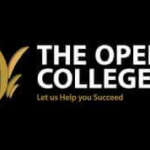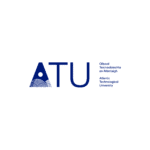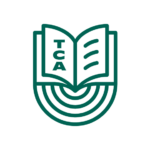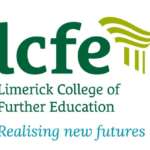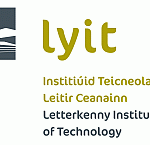Ki (Japanese), ch i (Chinese), gi (Korean), prana (Indian) or meridian; whatever your preferred spelling or pronunciation, it all boils down to the same thing: the energy flow that sustains life. The fact that the concept of a life force is prevalent across so many of the great Asian cultures makes this central tenet of holistic medicine worthy of study. Aside from the fascinating philosophy however, the use of ki in holistic therapy, and massage in particular, will provide you with a very special talent for relieving physical pain and mental stress, and generally improving lives.
A key difference between ki and other methods of massage is the benefits for the practitioner. In order to treat successfully, therapists needs to undergo fairly rigorous training that will instil a clear and healthy mental state, and an unblocked energy flow that they can channel at will through their hands. The art of ki massage is likened to the martial arts; in that proficiency requires continuous practice and a deep philosophical understanding.
The Diploma in Ki Massage provided by the Irish Health Culture Association (IHCA), and certified by the internationally respected, UK-based awards body City & Guilds, meets all these criteria. This one-year programme explores the philosophy (understanding ki, utilising mind and body for therapeutic purposes, etc) and theory (history of massage, benefits of massage, etc) of ki massage, while also providing the professional skills needed to run a practice efficiently; such as personal presentation, patient management, and ethical/legal issues.
The practical stream focuses on the different types of ki massage: full body, neck and shoulders, lower back, foot massage and facial treatments. Students are regularly assessed and received constant feedback on how to improve performance. Career prospects are extremely healthy also, as Irish people s appetite for complementary therapies shows no signs of abating.
Holistic therapists just starting out can achieve high weekly earnings in just a few evenings per week, says Caitriona Tierney of the IHCA, and for full time therapists the rewards can be much greater. Initial setup costs can be quite low, as many people will work either from their own home in private practice, or in conjunction with an established business such as a sports centre, leisure centre, golf club or fitness centre the list is endless. Furthermore, with the right qualification you can easily work abroad. The sky s the limit!
It s unbelievable how things turned out, says Bart Harding. Working as a bus driver over ten years ago, Bart was spending a lot of time helping his wife cope with an illness that was to tragically take her life. A nurse observed his natural ability to tend to his wife, and suggested he enrol in a course to develop his talent.
Fast forward to the current day and Bart is a massage therapist, and his practice is inundated with people travelling from miles around to relieve their aches and pains. The course was one of the best things that ever happened in my life, he says of the IHCA s Diploma in Ki Massage Therapy, adding it s unbelievable how things turned out.
Indeed, things are going so well, that Bart is on call Saturdays now too; not that that is a problem however. I have a passion for this work, he explains. When you see people experiencing relief after suffering with sciatica or migraine for example; these problems can be absolutely crippling I enjoy that very much.
Bart is philosophical about his talent. People say that Ki massage is the best form, but that you either have it or not . I suppose you nearly need to be able to feel the massage yourself as you re giving it. ‘












